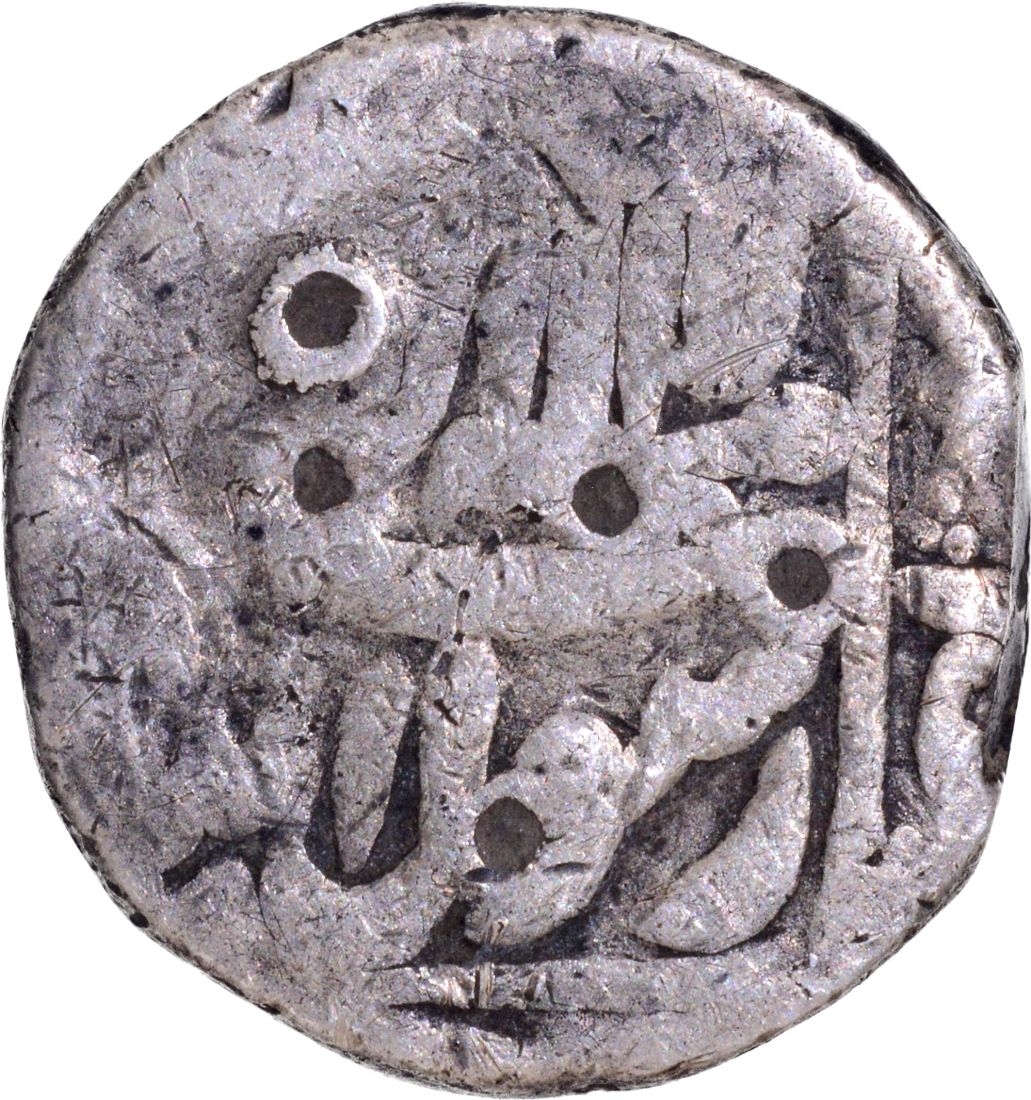This Lot is closed.
- P-Auction # 40
- Bids: 0
- Views:276
| Start Price 80000 | Estimated Price 80000-100000 |
| login, to view Hammer value | |
| Quick Description | ||||
|---|---|---|---|---|
| Denomination | Rupee | Mint | Akbarnagar | |
| Metal | Silver | RY (Ruling Year) | Ahad | |
| Full Description: Shah Shuja (AH1068-1070 /1657-1660 AD), Akbarnagar Mint, Silver Rupee, AH (10)68 /Ahad RY, Obv: Arabic legend the Kalima Shahada within a square & four Caliph's names around in margin, Rev: Persian legend "Shah Shuja Badshah Ghazi, Ahad ry" & "zarb Akbarnagar" partly visible at bottom, 11.10g, 20.17mm, (KM # 275.1), multiple test marks, about fine, Extremely Rare. Note: As the second son of Shah Jahan and Mumtaz Mahal, Nasir-ud-din Muhammad Shah Shuja lived from 23rd June 1616 to 7th February 1661. Dara Shikoh was the eldest, followed by Aurangzeb and Murad Bakhsh. Each of the four sons served as a governor during the reign of their father. As the Governor of Bengal, Shah Shuja was stationed at Rajmahal (Akbarnagar) under the orders of Shah Jahan. At the head of the army, he was the first to claim the throne and marched to Delhi to claim it. A power struggle occurred between the four brothers when Shah Jahan became ill, Shuja crowned himself emperor and assumed imperial titles, the Khutba was read, and coins were struck in Patna and Akbarnagar. With Aurangzeb's increasing strength and dominance over his brothers, he marched from Punjab to the east where Shah Shuja's army was routed. His route to Arakan, where he perished, led first to Chittagong, where he stayed for a time, and then took the route to Arakan, which is still known as Shuja Road, where he died near Mrauk-U Arakan. AH 1068-1070 is a period of great interest, when coins of Shah Shuja, Murad Baksh, and Aurangzeb can be found in the same date range. The coins appear with a single date, so it is not possible to determine how long the Shah Shuja ruled as a Mughal ruler. | ||||










